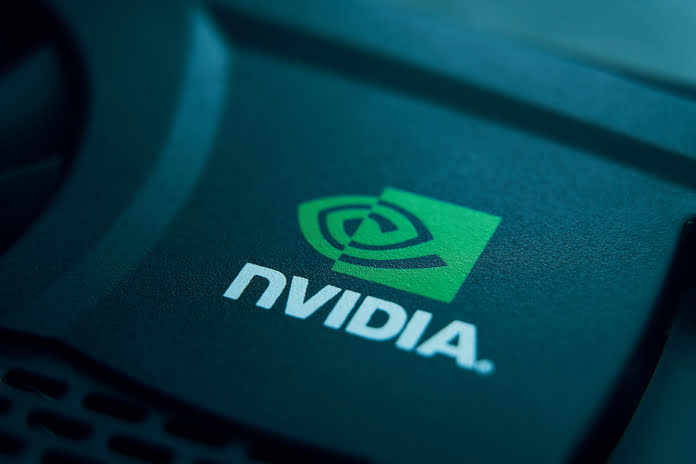Since reaching a record high in August, Nvidia stock (NASDAQ: NVDA) has been confronted with significant obstacles that have precipitated a decline in its share price. Concurrently, the gradual surge in global interest rates has reverberated across high-valued chip stocks, with the yield on the 10-year Treasury note recently scaling heights not witnessed in 16 years. To compound matters, Nvidia faces an additional set of challenges in the form of new U.S. regulations curbing the export of cutting-edge technology to China. This development poses a substantial threat to Nvidia, given that approximately 20% of the company’s revenue was sourced from China during the last quarter.
The most recent setback for Nvidia materialized with the announcement from the Biden administration on Tuesday. This announcement introduced measures designed to prevent advanced semiconductor chips from reaching China. These regulations encompass restrictions on Nvidia’s capacity to market processors explicitly engineered for the Chinese market. The primary aim behind these constraints is to obstruct China’s access to technology with potential military applications. While Bloomberg Intelligence posits that these restrictions may not wield a substantial short-term impact on Nvidia’s financial estimates, there exists apprehension regarding their potential to erode Nvidia’s long-term prospects.
Nvidia’s Performance and Ongoing Challenges
Nvidia stock has charted an extraordinary year, recording a remarkable ascent of over +188%. It has emerged as the preeminent stock performer in both the S&P 500 and Nasdaq 100 indexes. The company’s stock surged primarily owing to its consistent ability to surpass sales and revenue expectations. Nvidia has firmly entrenched itself as a primary beneficiary of the burgeoning artificial intelligence (AI) revolution. Nevertheless, September witnessed Nvidia’s shares enduring a decline of -12%, marking its most lackluster monthly performance in over a year. This downturn primarily stems from anxieties surrounding the enduring viability of demand.
Notwithstanding this recent downturn, the majority of analysts covering Nvidia retain an optimistic stance on the stock. According to Bloomberg data, a staggering 95% of analysts have assigned a buy-equivalent rating to Nvidia. Notwithstanding this prevailing optimism, telltale signs have begun to manifest that indicate the possible challenges ahead for Nvidia. Certain analysts have opted to revise their price targets for the stock. Citigroup, for instance, lowered its price target from $630 to $575, Morgan Stanley curtailed its target from $635 to $600, and KeyBanc Capital Markets has opted to reconfigure its target from $750 to $650.
Future Prospects and Resilience
In the broader scheme of things, Nvidia’s future prospects remain positive despite the recent headwinds. Morgan Stanley has singled out Nvidia as its foremost pick in the semiconductor sector. The financial institution posits that, despite the substantial setback posed by the U.S. chip export restrictions to China, Nvidia is expected to continue to surpass expectations in its business operations. Simultaneously, Silvant Capital Management remains steadfast in its confidence in Nvidia’s long-term appeal. The firm conveys the perspective that the additional export restrictions imposed for China may induce short-term stock volatility, but it also underscores the fundamental reality that Nvidia continues to retain intrinsic value even in the face of market pullbacks.
In conclusion, Nvidia is poised to navigate these challenges with its resilience and formidable standing in the semiconductor industry. While headwinds have arisen, the company’s long-term potential and its dominant position in key sectors such as AI continue to make it a compelling investment. Despite concerns and revised price targets, the majority of analysts maintain their faith in Nvidia’s capacity to weather the storm and maintain its trajectory toward long-term success.
Featured Image: Megapixl

















